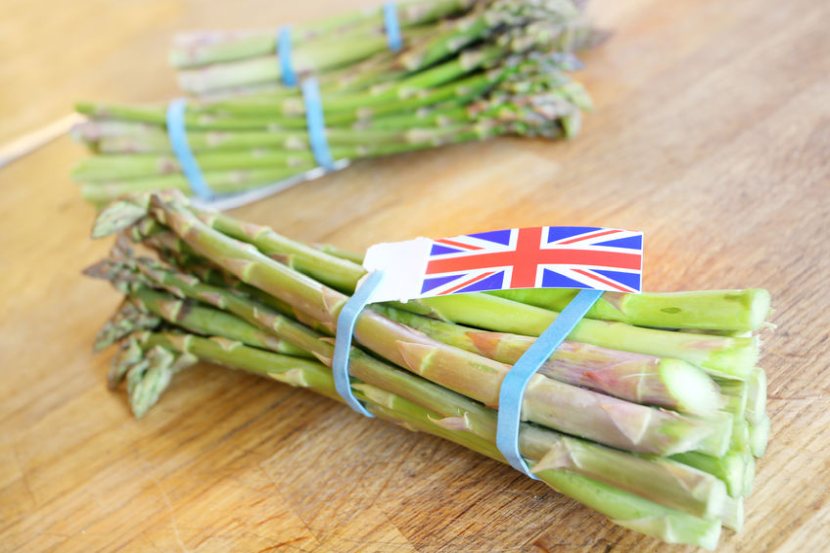
Campaigners are calling on the government to back British farmers by mandating UK-grown produce in schools, hospitals, the armed forces and other public institutions.
Every year £2.4 billion is spent on food for the public sector, but campaign group Sustain warns the government is 'wasting millions of pounds on bad food'.
Currently, public sector caterers are asked to follow government buying standards for food (GBSF), but are allowed to get round the rules to avoid 'significant increase in costs'.
They are supposed to meet higher environmental and animal welfare standards, including verifiably sustainable fish, and must promote healthier eating.
But Sustain estimates that only 50% of public institutions meet the current standards, and ex government minister Lord Vaisey has put the figure for non-compliance at 40%.
It follows recommendations from Henry Dimbleby’s National Food Strategy which found that the buying standards don't guarantee that the food bought with taxpayer money is good.
The strategy recommended that the standards be redesigned to emphasise the importance of quality over cost.
With thousands of schools and hospitals already serving better standard produce within their budgets, campaigners say the loophole can be closed without incurring additional costs.
They highlight how ministers have a chance to do this in a food strategy white paper, set to be published early next year.
Ruth Westcott, campaign coordinator at the food campaign group Sustain, said it should be a win-win for the government.
By buying more high-quality home-grown food, the government would also be backing British farmers, she said.
"Instead of wasting millions of pounds on bad food they could be using their buying power to support farmers working hard to meet high standards, spending more taxpayer money in rural communities and providing millions of people with healthier food.
"By buying better, local produce it could also be kinder to the planet and help tackle climate change. We need to see a proposal to change the law in the new year.”
Andy Jones, chair of PSC100 caterers group echoed this, saying all school, hospital and prison menus should include high quality, high welfare British produce.
"It's absolute nonsense that this isn't happening at the moment but the standards we have aren't working. Now is the chance to be bold, and do the right thing."
With about 35% of greenhouse gas emissions coming from the global food system, campaigners say that better public sector food is an opportunity to reduce the UK’s carbon footprint.
This includes more fruit and vegetables and pulses, small amounts of meat, dairy, eggs and fish from higher welfare, local sources, and more seasonal and locally-sourced produce.
Polling commissioned by Sustainable Food Places and carried out by Savanta ComRes in September found that 79% people agreed that public institutions should be made to serve high quality British food.
Farmers and food campaigners also point to growing concerns that the UK's post-Brexit trade deals could permit imports of food produced to lower standards.
With several UK supermarkets saying they won't stock sub-standard food, Sustain warns that public sector caterers could be a natural avenue for this produce.
The government’s own Trade and Agriculture Commission, the National Food Strategy and a recent Lords committee have all called for imports to meet British farmers' standards.
